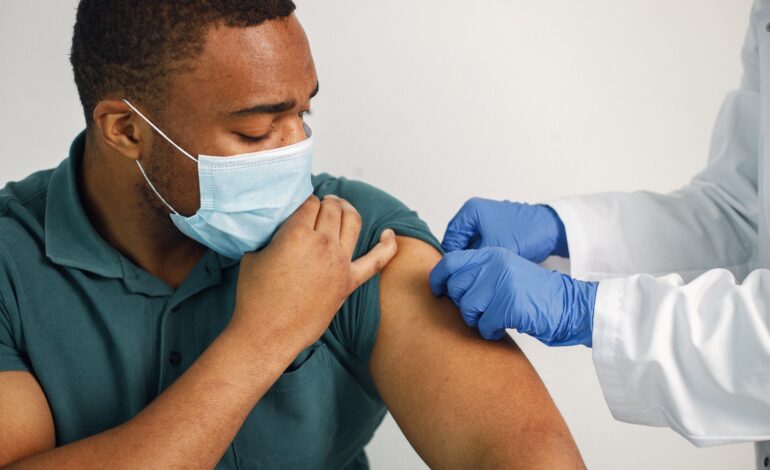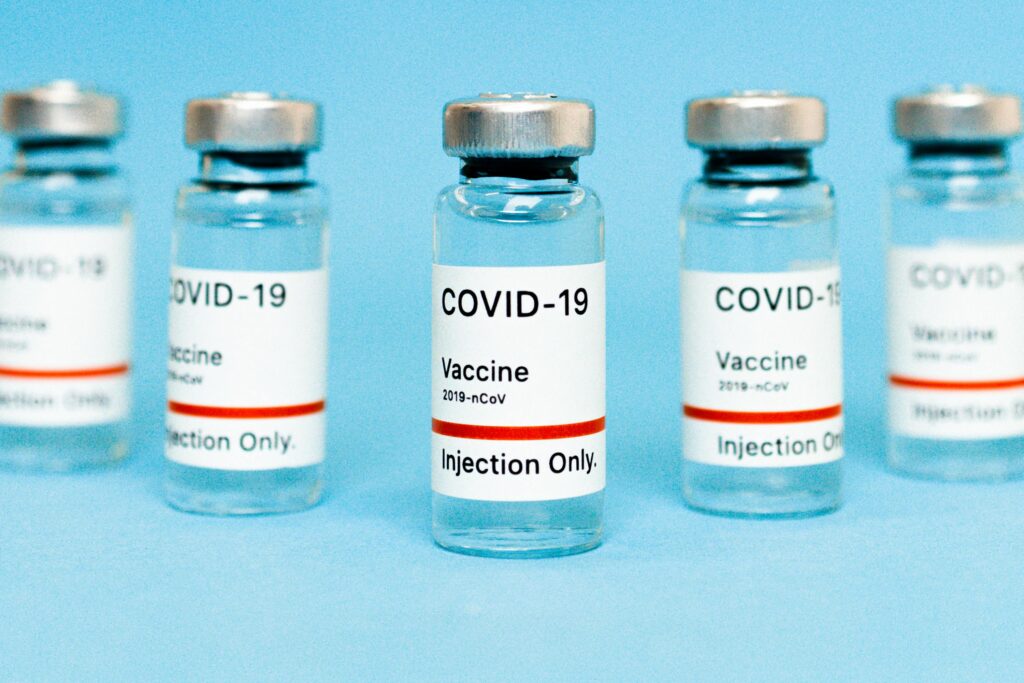COVID Vaccines for Adults: 7 New Findings on Boosters That Could Change the Game
As the world continues to battle the aftermath of the COVID-19 pandemic, the spotlight remains on COVID vaccines and booster shots — vital tools in the global effort to control

As the world continues to battle the aftermath of the COVID-19 pandemic, the spotlight remains on COVID vaccines and booster shots — vital tools in the global effort to control and eventually eradicate the virus. COVID vaccines for adults continue to play a crucial role in maintaining community immunity and preventing severe illness. Recent research has provided some eye-opening findings that could alter how adults approach vaccination in the coming years. Here, I’ll dive into 7 new findings surrounding COVID-19 boosters and their impact on adult vaccination strategies.
1. Boosters May Be Needed More Frequently Than Initially Expected
In a surprising turn of events, studies have shown that COVID vaccine boosters may be needed more frequently than initially anticipated. Although earlier guidance suggested annual boosters, new data reveal that immunity from initial vaccines may wane more quickly than expected. These findings highlight the ongoing importance of COVID vaccines for adults in maintaining strong and consistent immunity against evolving variants. A recent study from Johns Hopkins University found that after just 6 months, immunity from the first set of vaccines begins to decline, especially against newer variants of the virus. This calls into question the idea of a single annual booster and points to the potential need for semi-annual or even quarterly booster shots.
“The immunity provided by the initial COVID vaccines does not last as long as we originally hoped. With the constant emergence of new variants, frequent boosters could become the new norm for maintaining protection.”
Dr. Jennifer Lee, Infectious Disease Specialist, Johns Hopkins University.
2. Are Variant-Specific Boosters Proving Highly Effective?
Another significant finding is the effectiveness of variant-specific boosters. As the virus evolves, booster vaccinestailored to specific variants like Delta and Omicron have shown an ability to provide stronger and longer-lasting protection compared to the original mRNA vaccines. According to a report published in The Lancet, participants who received the variant-specific boosters exhibited a 90% reduction in the risk of severe disease and hospitalization.

3. Mixed Booster Shots: A Potential Game Changer
A growing body of evidence suggests that mixing different types of boosters could boost immunity even more effectively than receiving the same vaccine as the initial shot. Studies have shown that individuals who received an initial dose of the Pfizer-BioNTech vaccine and later boosted with the Moderna vaccine had higher antibody levels and greater protection against COVID variants compared to those who received the same vaccine for both initial doses and boosters.
“The immune response we observed with a mixed regimen was remarkable. This new approach could offer a more comprehensive defense against the virus, especially as new variants continue to emerge.”
Dr. Mark Peterson, Immunologist, University of California, San Francisco.
4. Long-Term Protection from Boosters: A Growing Concern
One of the most pressing questions remains how long the protection provided by COVID-19 boosters lasts. According to a recent study by Harvard Medical School, protection from severe illness and hospitalization from boosters seems to last longer than anticipated — up to a year in some cases. However, the protection against infection seems to decline more rapidly. This highlights the importance of monitoring immunity levels and potentially adjusting booster recommendations based on real-time data.
5. Seniors and Immunocompromised Adults Require Additional Boosters
For older adults and those with weakened immune systems, more frequent boosters might be necessary. Data from the Centers for Disease Control and Prevention (CDC) suggests that seniors and individuals with conditions such as diabetes, cancer, and autoimmune diseases may need up to two extra booster doses per year to maintain adequate protection. As these groups are at higher risk for severe outcomes from COVID, tailored vaccination strategies are being explored.
Read about: Flu: How Long It Lasts, Common Symptoms, and When to See a Doctor
6. New COVID Vaccine Technologies: Nasal Sprays and Oral Doses
In a groundbreaking development, oral and nasal COVID vaccines are becoming a reality. AstraZeneca and Pfizerhave both reported progress on oral and nasal vaccine formulations, which may offer greater convenience and a more natural immune response. These innovations represent a major step forward in the ongoing evolution of COVID vaccines for adults, aiming to improve accessibility and long-term protection. These new vaccines could serve as an alternative to the traditional injectable boosters, making vaccination easier to access and potentially enhancing public uptake.
“Nasal vaccines are particularly exciting because they stimulate immunity in the mucosal membranes in the respiratory tract, which could provide a more robust defense at the site where the virus first enters the body.”
Dr. Sarah Turner, Vaccine Development Expert, AstraZeneca.
7. Boosters May Become a Regular Part of Routine Healthcare
Finally, as COVID-19 continues to evolve and remain endemic in many regions, boosters may eventually become as routine as flu shots. Public health experts are predicting that annual COVID vaccine boosters could become a permanent part of adult healthcare, with the FDA and World Health Organization (WHO) issuing guidelines for the regular COVID booster schedule alongside flu vaccinations.
What Does This Mean for Adults?
For adults, these new findings suggest that COVID vaccination isn’t a one-time event but a long-term commitment to maintaining immunity against the virus. With boosters becoming a regular part of our healthcare routines, it’s essential to stay informed about the latest research and guidelines. COVID vaccines for adults continue to be a crucial defense in reducing severe illness and preventing the spread of new variants. Vaccination efforts should remain flexible, adaptable, and personalized, especially as variants continue to emerge and evolve.
As we continue to live with the virus, embracing new technologies, exploring booster combinations, and staying vigilant in our efforts will be key to ensuring public health safety. For more updates on the COVID vaccine boosters and the evolving landscape of vaccination, stay tuned to Ravoke.com.








